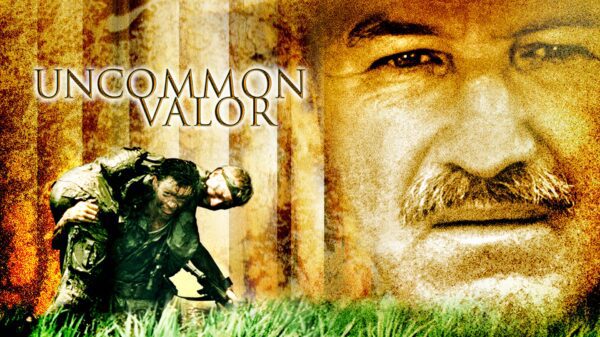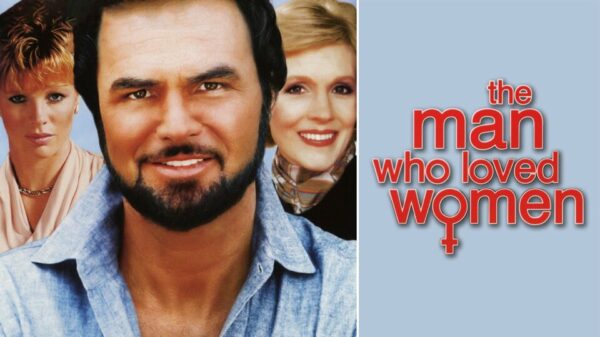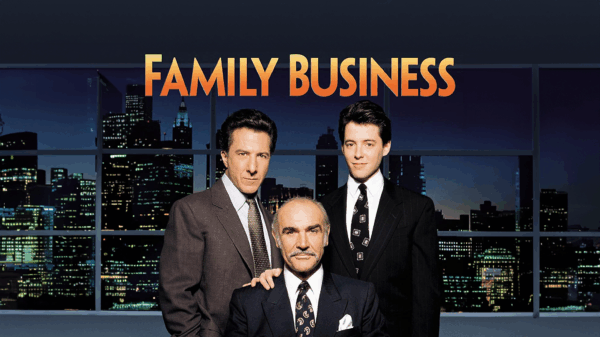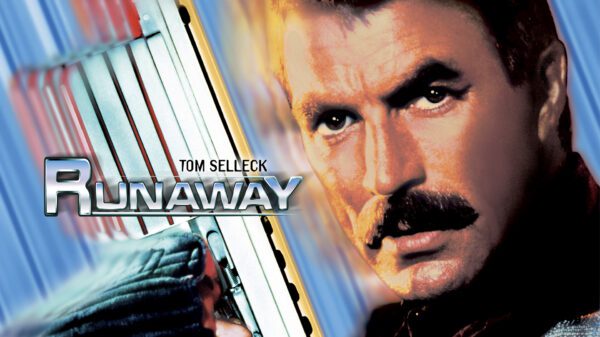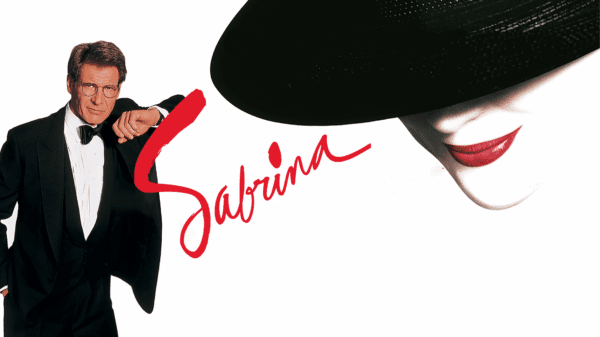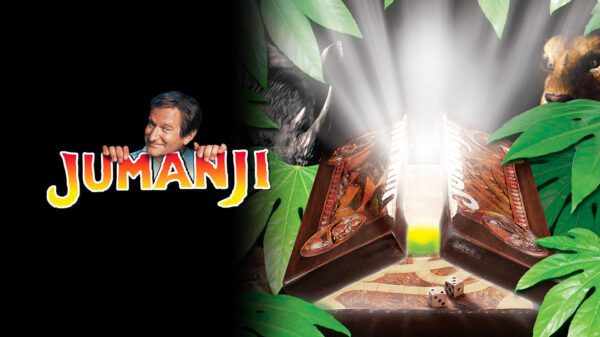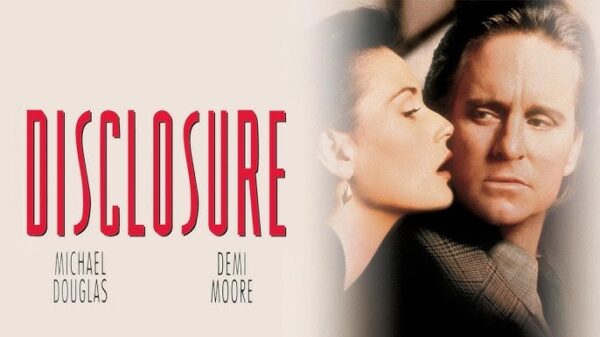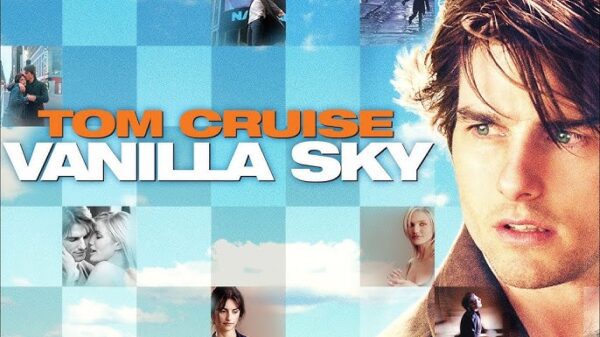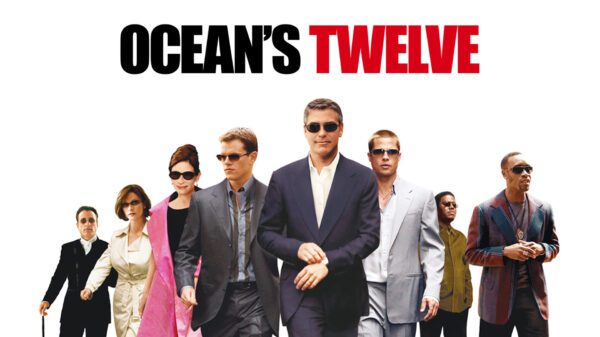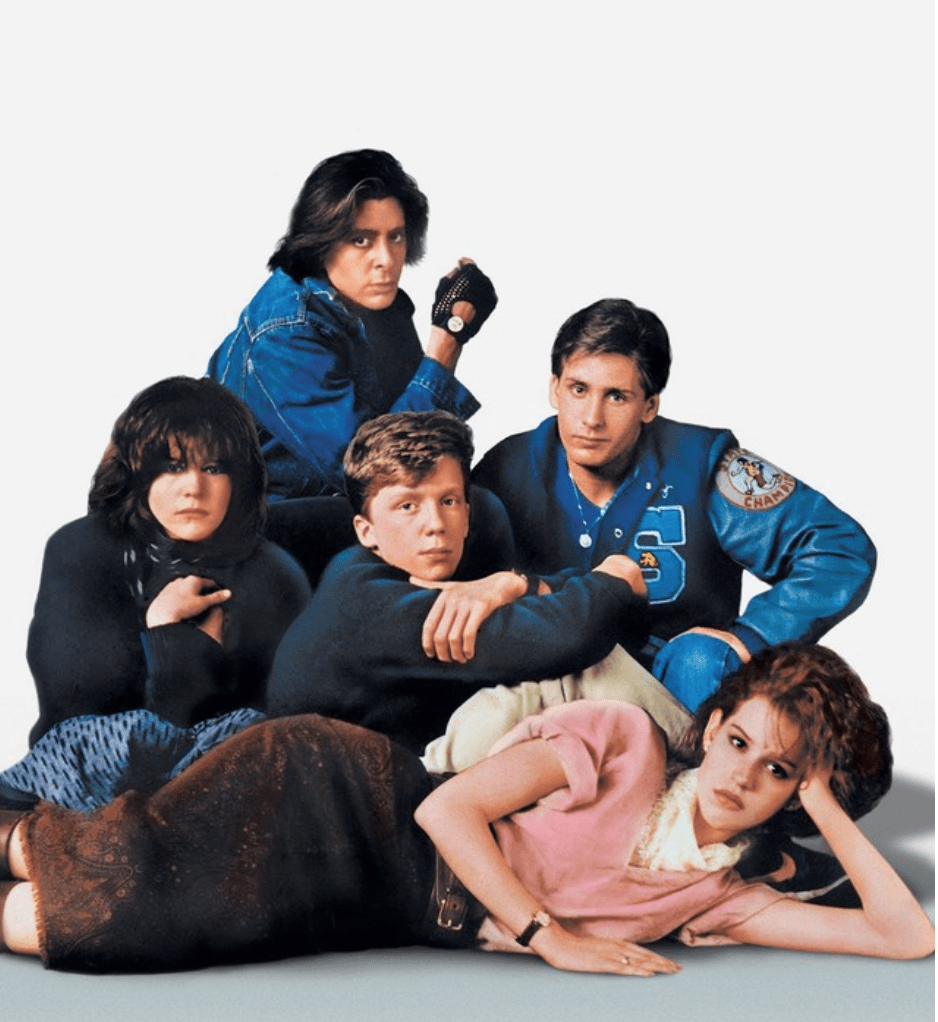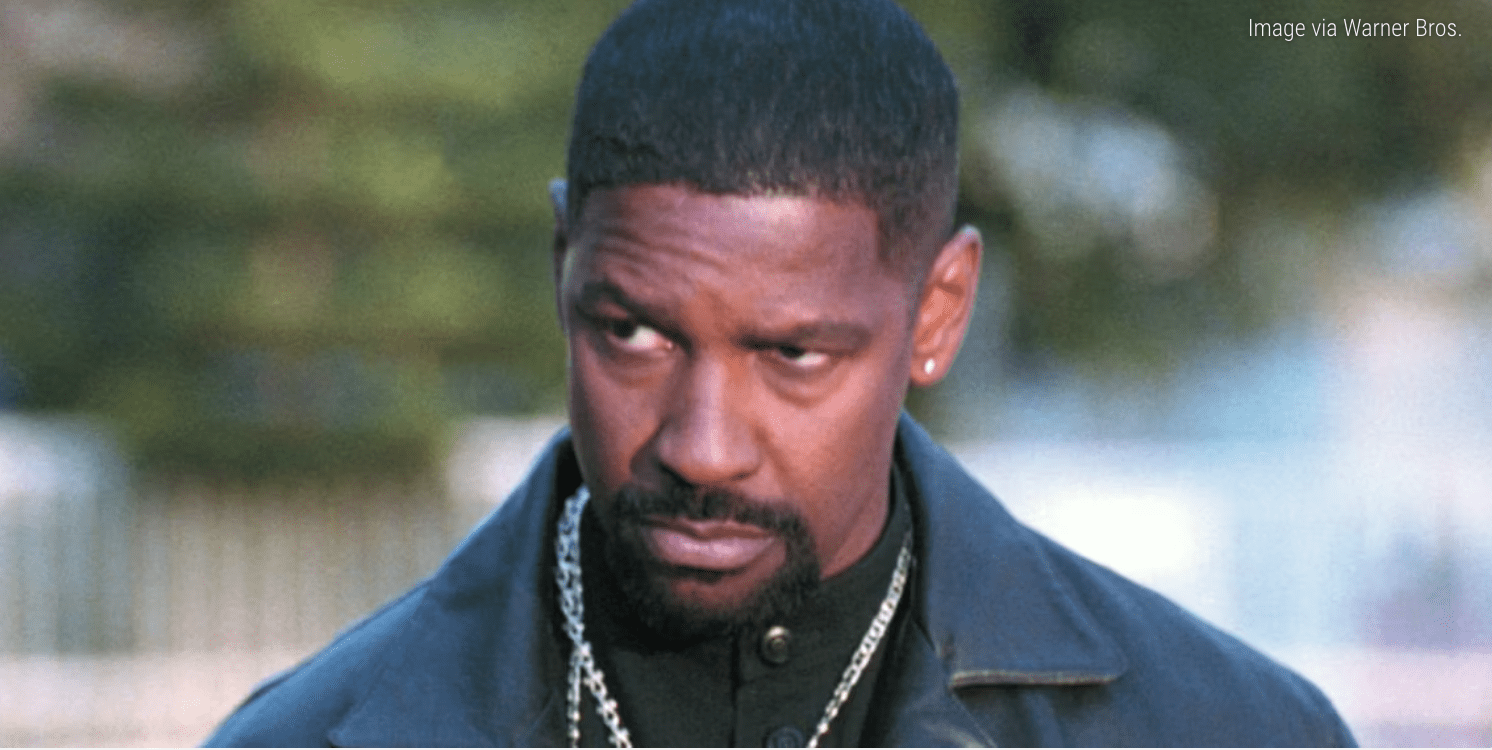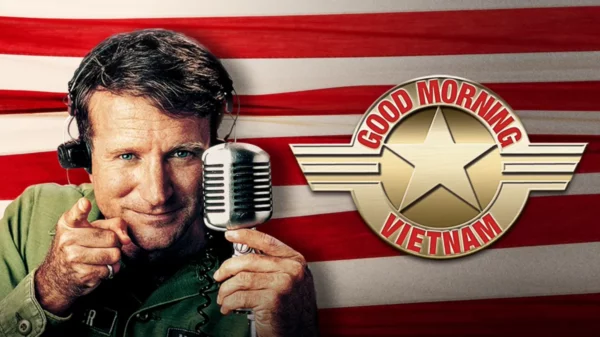John Hughes, the godfather of teen cinema in the 1980s, left an indelible mark on Hollywood with his unique storytelling and heartfelt portrayal of adolescent struggles. His films captured the essence of youth while resonating with audiences of all ages. Let’s delve into the five most successful teen films that epitomize Hughes’ cinematic genius.
The Breakfast Club (1985):
Set in the Shermer High School library during detention on a Saturday, “The Breakfast Club” brings together five students from different social scenes – the brain (Anthony Michael Hall), the athlete (Emilio Estevez), the basket case (Ally Sheedy), the princess (Molly Ringwald), and the criminal (Judd Nelson). Through candid conversations and intense confrontations, they discover they have more in common than they they ever could have imagined. Hughes’ insightful exploration of teenage angst and identity crisis struck a chord with audiences, making it a quintessential coming-of-age film with its iconic theme song “Don’t (You) Forget About Me” from Simple Minds.
Ferris Bueller’s Day Off (1986):
“Ferris Bueller’s Day Off” follows the charming and charismatic Ferris (Matthew Broderick) as he plays hooky from high school, embarking with his girlfriend and best friend to all take off on an adventure through Chicago. That includes stops at the Sears Tower, Wrigley Field for a Cubs game and much more. Hughes’ film captures the exhilaration of rebellion and the desire to break free from societal constraints. The iconic film’s humor and Ferris’ infectious zest for life and taking risks have made it a timeless classic that is beloved by multiple generations.
Sixteen Candles (1984):
Hughes’ directorial debut, “Sixteen Candles,” centers on Samantha Baker (played by Molly Ringwald), whose sixteenth birthday is overshadowed by her older sister’s impending wedding that same weekend and the arrival of their grandparents. As she navigates an unrequited crush on the older and seemingly unattainable Jake Ryan (Michael Schoffling) while dealing with an unwanted admirer in freshman Farmer Ted (Anthony Michael Hall), Samantha’s journey is both heartwarming and relatable. Hughes’ ability to blend comedy with genuine emotion shines through, cementing the film’s status as a beloved teen romance.
Hear Jay Betsill and me discuss this classic further on our “We’ve Seent That!” podcast by clicking play below,
Home Alone (1990):
While much more of a family movie than a teen film, “Home Alone” exemplifies Hughes’ talent for crafting endearing narratives with universal appeal. The movie that made Macaulay Culkin (who had previously appeared in Hughes’ “Uncle Buck”) a household name follows young Kevin McCallister, accidentally left behind by his family during the holidays, as he defends his home from bumbling burglars Marv (Daniel Stern) and Harry (Joe Pesci) on Christmas Eve. With its blend of slapstick comedy and heartwarming moments, “Home Alone” earned Hughes widespread acclaim as a versatile filmmaker. “Home Alone” was also Hughes’ biggest hit, grossing $476.7 million on an $18 million budget.
Pretty in Pink (1986):
In “Pretty in Pink,” Hughes explores the complexities of teenage romance and social class divisions. The film, which would turn out to be Hughes’ final collaboration with Ringwald, revolves around working class Andie falling for the wealthy Blane (Andrew McCarthy) alla “Romeo & Juliet.” As they deal with their click-filled high school’s societal expectations and peer pressure that includes the objections of her best friend Duckie (Jon Cryer), Andie’s resilience and authenticity shines through. With its memorable characters and poignant themes, “Pretty in Pink” remains a beloved fixture in the 80s teen film genre.
John Hughes’ films continue to resonate with audiences decades after their release, thanks to their timeless themes, relatable characters, and authentic portrayal of adolescence. Whether capturing the angst of high school or the joy of youthful rebellion, Hughes’ cinematic legacy endures as a testament to the power of storytelling to transcend generations.

